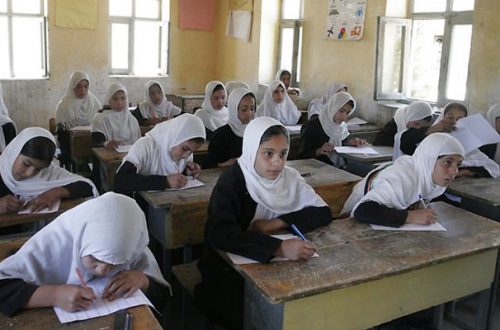I don’t usually pay much attention to Facebook, but here is something I fully support. In fact I just posted it as my first-ever Facebook status:
It started with a Facebook status update. Upset at the media’s coverage of Charlie Sheen, someone took up for American soldiers dying in Afghanistan.
“Charlie Sheen is all over the news because he’s a celebrity drug addict,” it said, “while Andrew Wilfahrt 31, Brian Tabada 21, Rudolph Hizon 22, Chauncy Mays 25, are soldiers who gave their lives this week with no media mention. Please honor them by posting this as your status for a little while.”
The status update has since gone viral, shared by tens of thousands on Facebook. An abbreviated version is on Twitter.
Wayne Drash of CNN got in touch with Andrew Wilfahrt’s father in Rosemount, Minnesota.
“I think it’s spot on,” Jeff Wilfahrt said of the viral post.
His 31-year-old son was killed while on foot patrol outside Kandahar on February 27, around the same day the Sheen media blitz kicked into high gear.
“From the Charlie Sheens to Lindsay Lohans, who are these people and what good have they done in society?” Jeff Wilfahrt said. “What are we collectively doing as a society? How do you wake people up?
“In part, sir,” he said, “I blame the press.”
Andrew Wilfahrt was a Renaissance man with an infectious laugh. In his obituary, his parents described him as “compassionate, smart and witty. He was an admirer, composer and player of music who believed deeply in art and humanity. Andrew was fascinated by math, palindromes, maps, patterns, mashed potatoes and the absurd.”
He was also anti-war – part of a “strong family of lefties” from Minnesota, his father said. Andrew stunned everyone when he announced two years ago he was joining the Army.
“He didn’t have a child and a wife,” Jeff Wilfahrt said. “In a way, he went over so that somebody with a young family wouldn’t die.”
The grieving father added, “He was a gay soldier.”
His son agonized over the decision to join the military because Andrew knew he’d have to keep his sexuality a secret. He kept quiet when he first signed up, but his fellow soldiers knew.
“Andrew told me one of the reasons he wanted to enlist was that he felt guilty as a civilian when so many men with wives and children were separated from their families,” one of his comrades posted on Facebook. “He joined the fight so that guys like me didn’t have to. He is my hero, my friend, and I miss him. Sleep well, buddy. You earned it.”
Andrew’s younger sister, Martha, said the “least interesting thing” about her brother was his sexuality.
“Quite frankly,” the father said, “nobody gave a s*** he was gay. He was a good soldier.”
His mother, Lori Wilfahrt, told Minnesota Public Radio her son was an “interesting, wonderful young man” who joined the service because he was “looking for a purpose.” Andrew wanted to be with a “group of people that would be working together toward something.”
In a recent letter home, he told his mother that “everybody knows … [and] nobody cares” about his homosexuality. In combat, he rode with two other soldiers. One was African-American, the other from Hawaii. The unit called them “Team Minority.”
